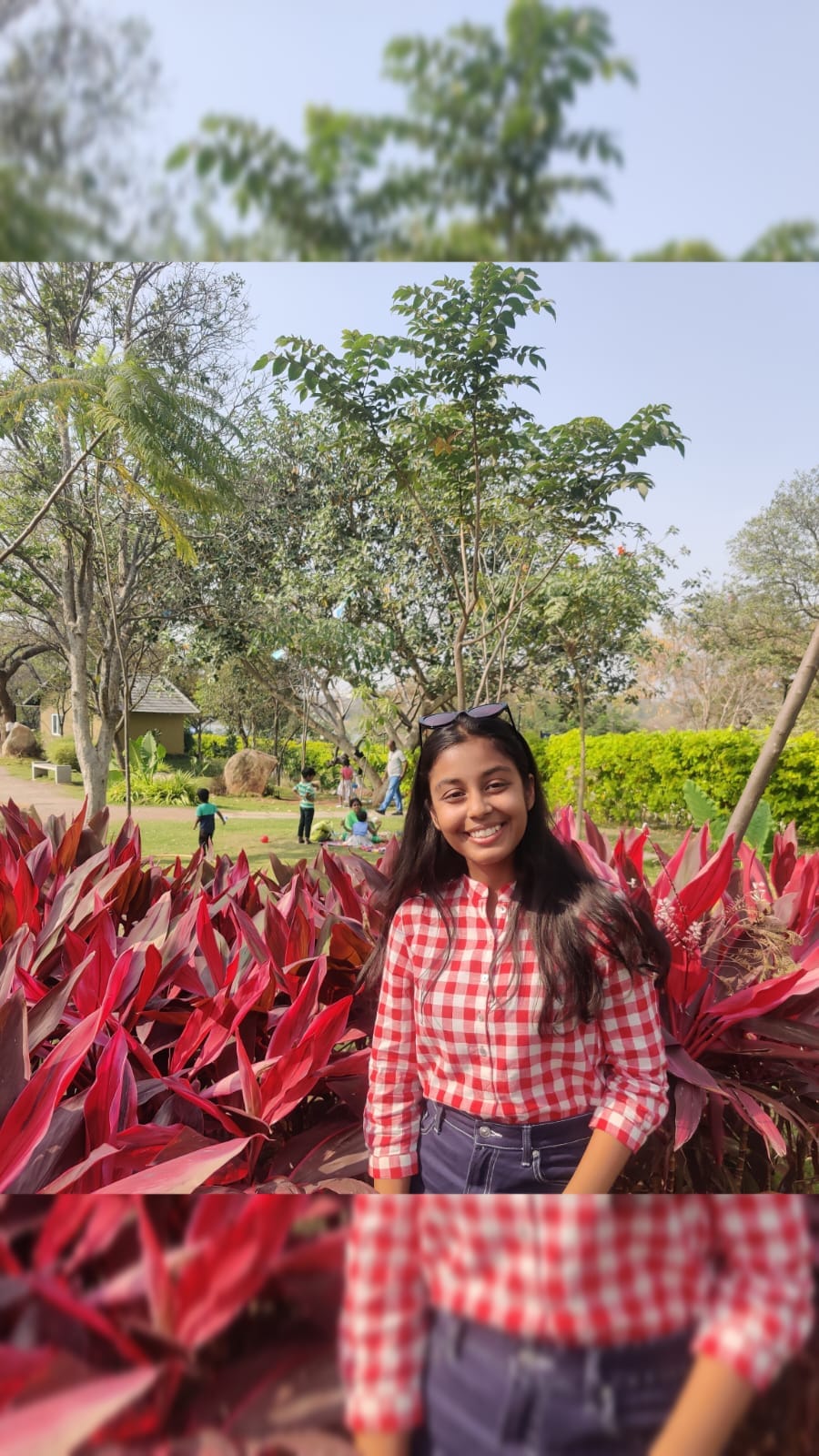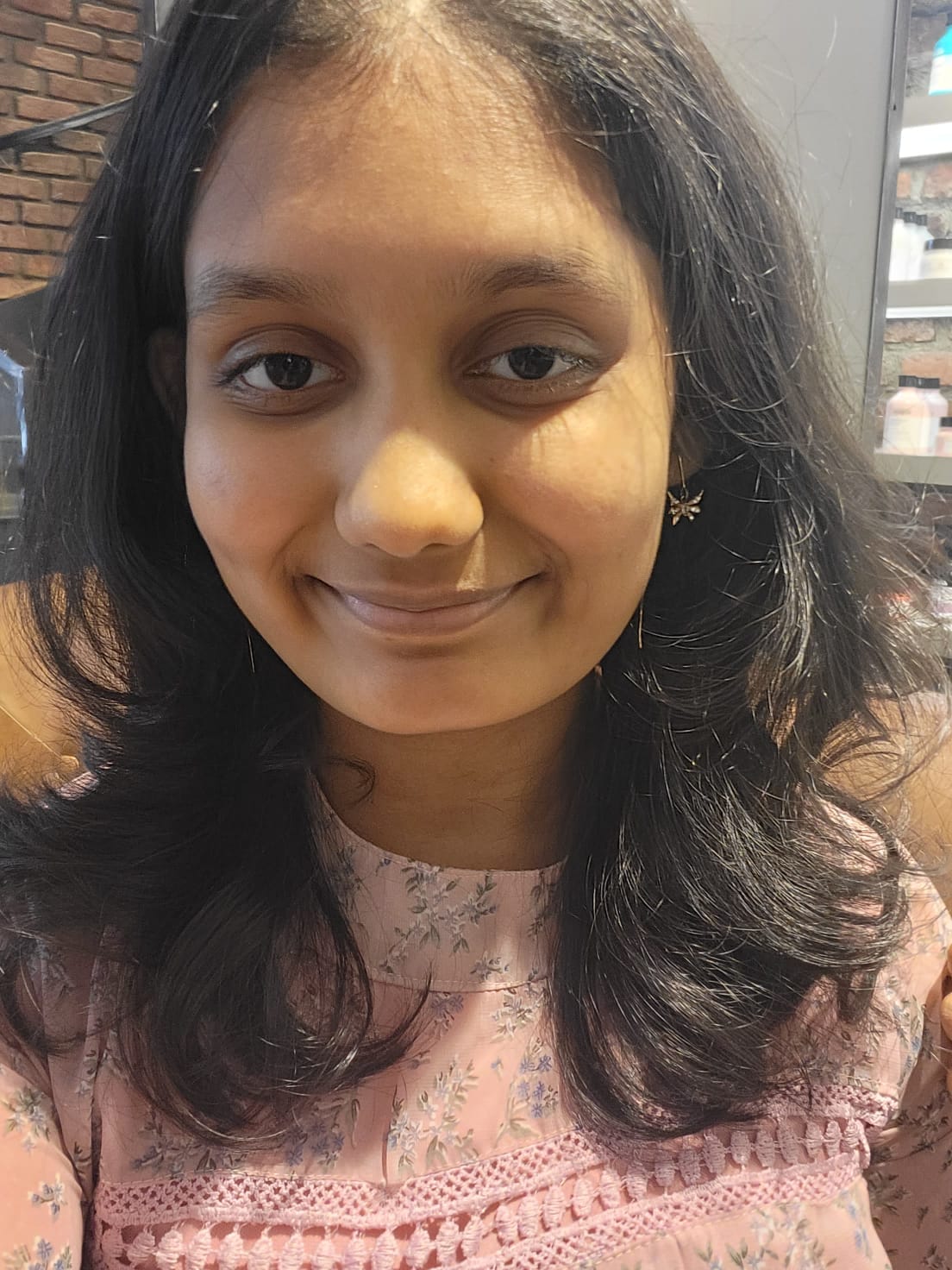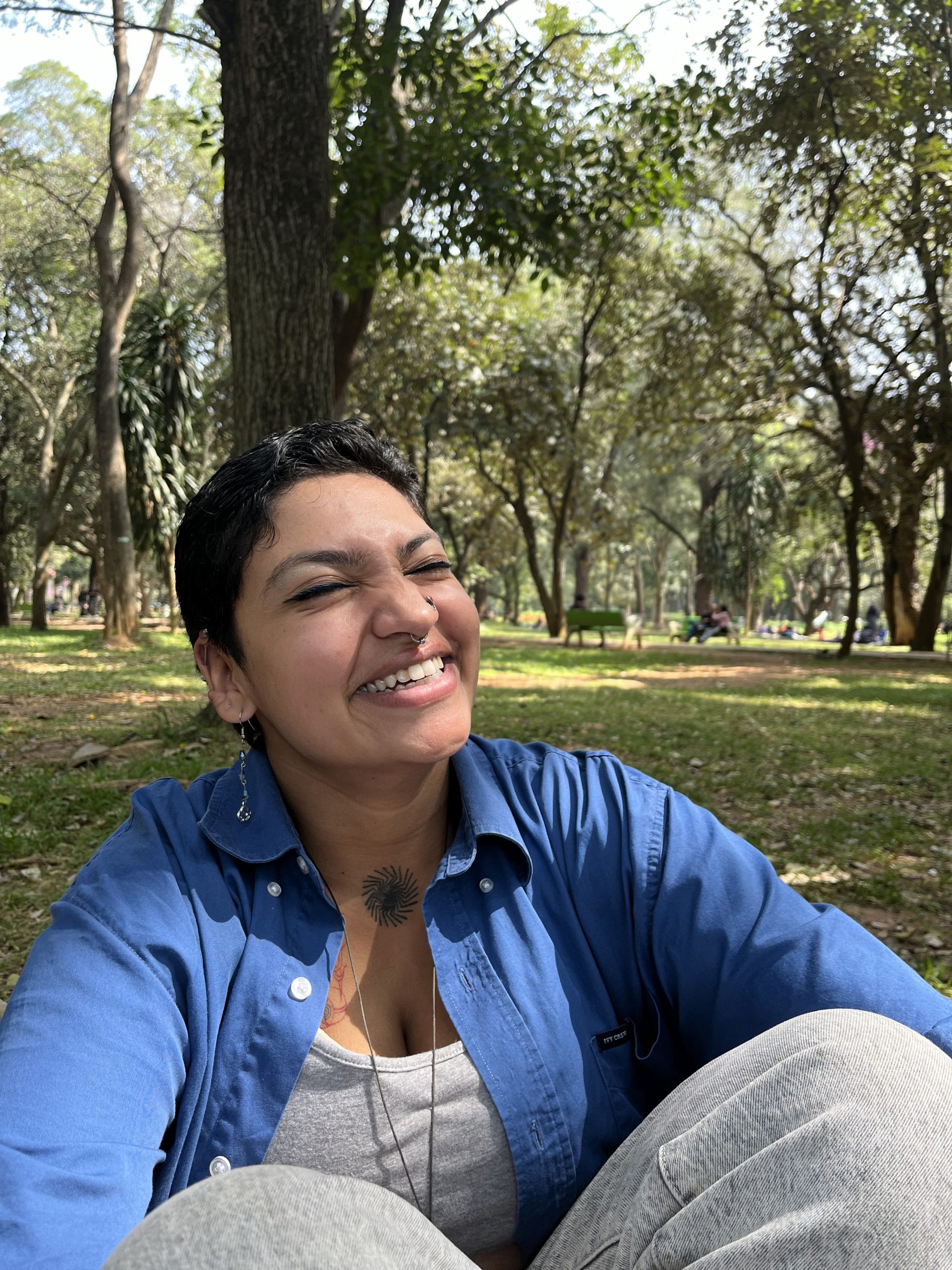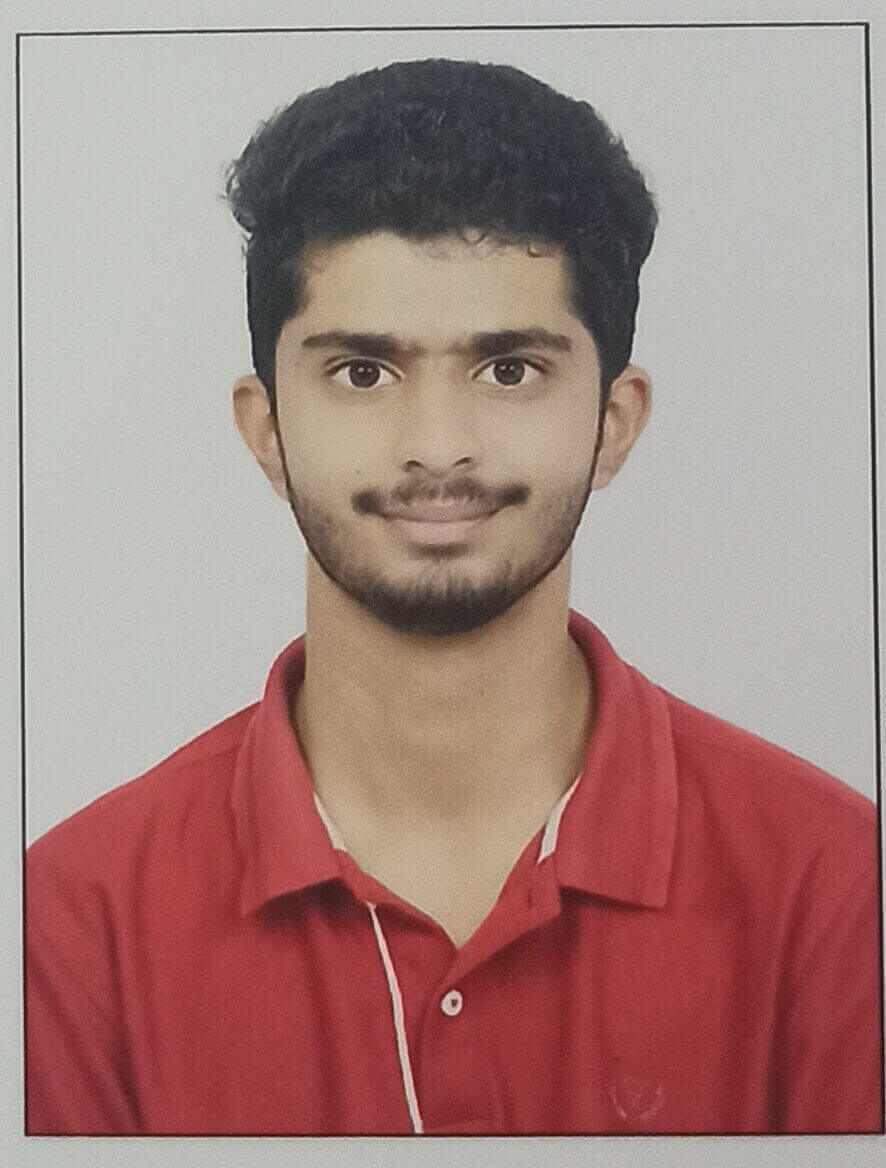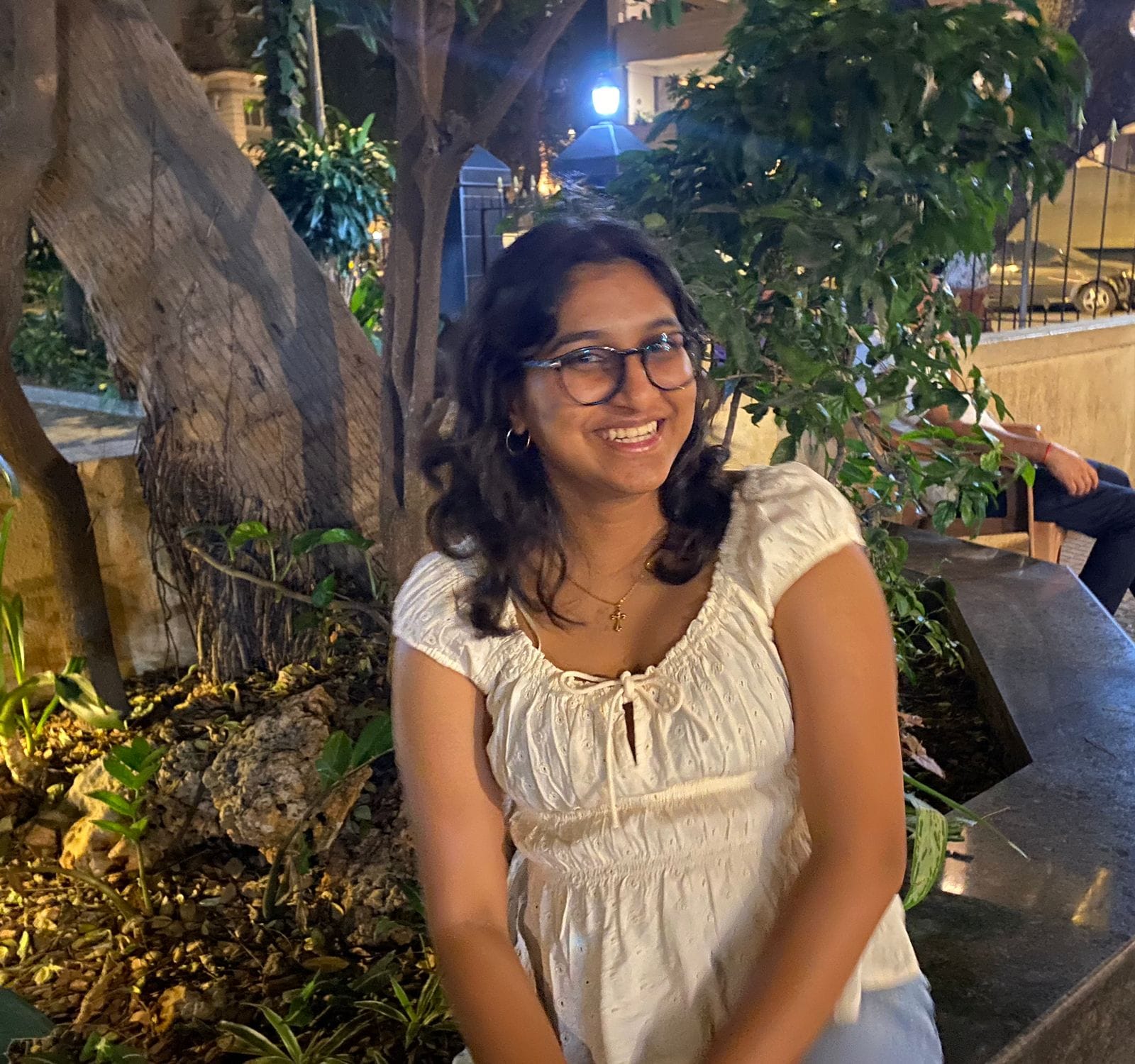The Role of Family and Community in Indian Mental Health

Elena Dewy
August 18 , 2024

The Essential Role of Family in Indian Society
In India, the family is more than just a unit—it's the heart of social, cultural, and religious life. Families here often include not only parents and children but also grandparents, aunts, uncles, and cousins. They play a huge role in keeping cultural and religious traditions alive, providing both emotional and practical support, and reinforcing family values. From major events like weddings to everyday moments, families help pass on important traditions and keep everyone connected. They also offer a stable support system and care for elderly members, adding to the sense of community and belonging.
“A family is a place where minds come in contact with one another. ”
- Buddha
The Role of Indian Communities
Indian communities are incredibly diverse, reflecting a mix of ethnic, religious, and cultural backgrounds. Whether it's Hindus, Muslims, Sikhs, Christians, Buddhists, or Jains, each group brings its unique traditions and practices. The variety doesn’t stop there—communities also include a rich tapestry of ethnic and linguistic groups, like Bengalis, Tamils, Gujaratis, and Punjabis, along with tribal groups such as the Gond and Bhil. This diversity creates a lively, interconnected society where different communities interact and contribute to the country's cultural and social landscape. It also helps address issues of integration and growth.
“A strong community fosters individual growth, and in doing so, it creates a more compassionate and resilient society.”
- J.R.D. Tata
The Impact of Family and Community on Mental Health in India
In India, family and community play a huge role in mental health. Families are often the first source of support during tough times, providing both emotional and practical help that can make a big difference in recovery. Communities also offer resources and social connections that help reduce feelings of isolation and stigma. However, while the support from family and community is invaluable, it can sometimes come with challenges. Cultural norms might make it hard to talk openly about mental health issues, and family members might not always have the right resources or knowledge to provide effective support.

Photo by Ashwini Chaudhary(Monty) Team on Unsplash
Challenges in Mental Health Support from Families and Communities
While families and communities are crucial for mental health, they can also bring challenges. The stigma around mental health can make people hesitant to talk about their struggles, which might prevent them from seeking professional help and lead to spreading misinformation. Families might not always have the right tools or knowledge to handle mental health issues properly, which can mean less effective support. Additionally, modern mental health approaches might clash with cultural traditions, leading to care that doesn’t always fit. The pressure on families to support their loved ones can be overwhelming, especially if they lack resources or information. Gaps in support systems and resistance to new mental health practices can also slow down progress. Sometimes, family dynamics like high conflict or unrealistic expectations can add stress, and community pressures to fit in can make feelings of depression or anxiety worse.

Photo by Anthony Tran Team on Unsplash
Strategies for Effective Community and Family Engagement
1. Raising Awareness and Education
We can make a big difference by spreading the word about mental health in schools, workplaces, and community centres. Campaigns and educational programs can help reduce stigma and give families the tools they need to support their loved ones better.

Photo by Kenny Eliason Team on Unsplash
2. Strengthening Support Systems
Connecting mental health services with community resources can fill in the gaps. In India, teaming up with local organisations—like non-profits and faith-based groups—can create mental health programs that are both accessible and culturally appropriate.

Photo by Antenna Team on Unsplash
3. Building Supportive Environments
Bringing together mental health professionals, community leaders, and families can improve care. Mixing traditional practices with modern treatments and training community members in basic mental health skills can make support networks stronger.

Photo by Mark Williams Team on Unsplash
4. Respecting Cultural Sensitivities
It’s important to adapt mental health care to fit local traditions and work with cultural leaders to ensure that the care provided is both respectful and relevant. Involving families in creating these strategies ensures they meet the community’s needs and are widely accepted.

Photo by Loren Joseph Team on Unsplash
If you’re experiencing mental health challenges related to family, community, or any other aspect of your life, don’t hesitate to reach out to Heart It Out. We’re here to offer support and provide you with the guidance and tools you need to improve your well-being.
Keep Reading
Started reading,
found my glow!
New blogs dropping soon – Sign up!
© EmbraceWell. All rights reserved








